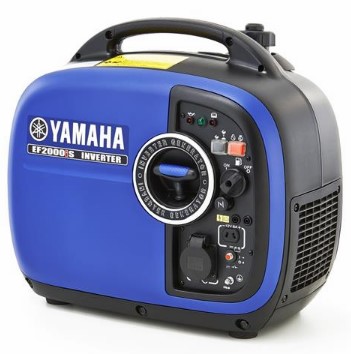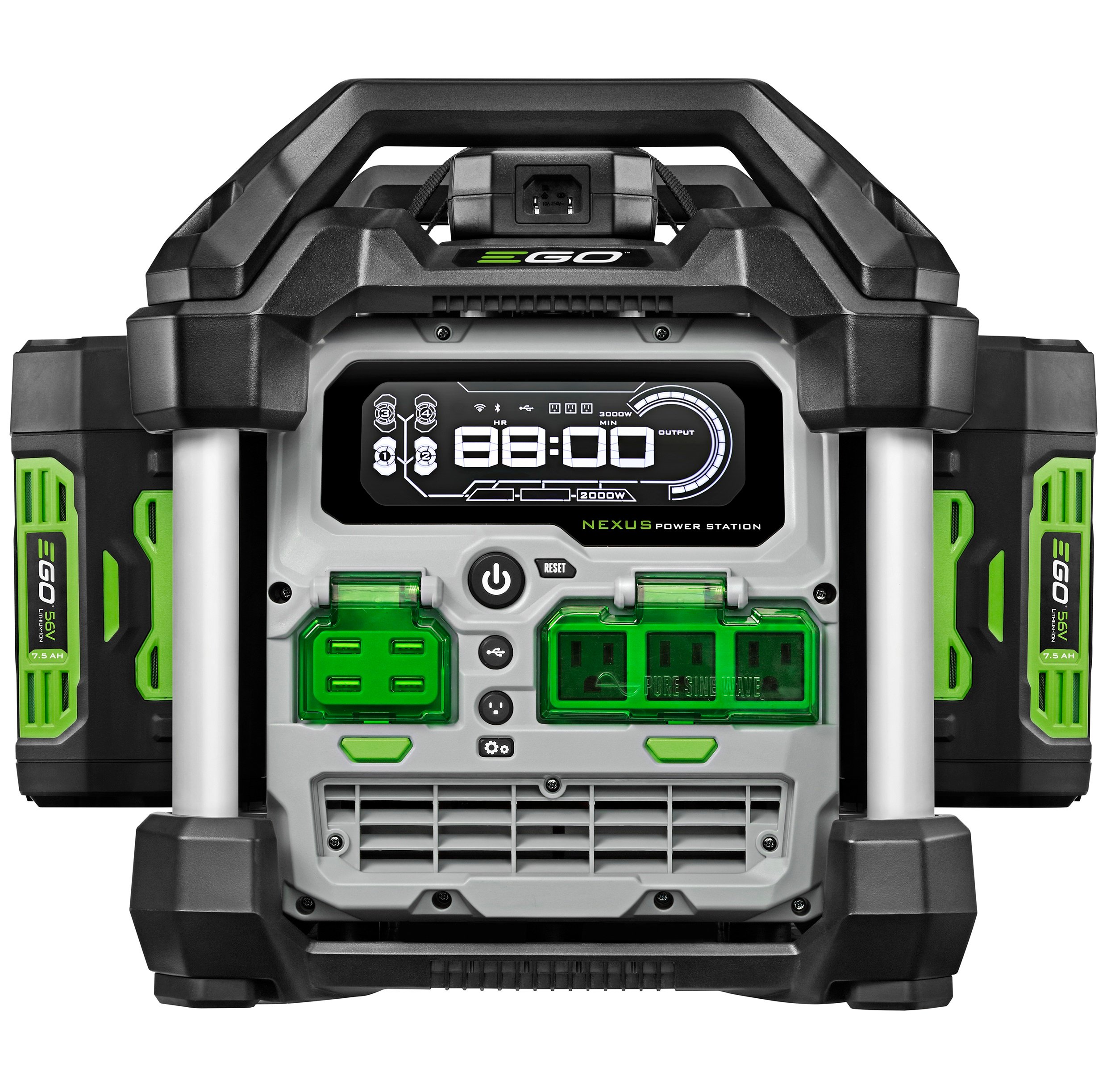Tom396
.30-06
Been looking at alternatives for long(er) term power during SHTF. I already have a backup generator that has served me well, but of course, it is limited to fuel supply. It also has to run at night, while I am worrying about, in the middle of the night. 
I have looked at solar power panels. The one thing I have to have is water. I have well water. If I can supply power to my well pump, I basically have an unlimited water supply. I started looking at youtube videos about solar power for backup well pump power. I learned something, right away. The solar panels do not run the pump. The solar panels simply keep a bank of batteries charged that power the pump. I am thinking I could put a bank of batteries on a kid's wagon, along with a power inverter, and power the pump. I can keep the battery bank charged, with a trickle charger, til the power is out. Then I can even charge the batteries off the generator, while I am running the generator. Lastly, I can purchase a solar panel to charge those batteries, to save fuel and/or charge those batteries after the fuel is gone.
Think this is a solid logic? Think I can pull it off pretty cheaply? Take care. Tom Worthington
I have looked at solar power panels. The one thing I have to have is water. I have well water. If I can supply power to my well pump, I basically have an unlimited water supply. I started looking at youtube videos about solar power for backup well pump power. I learned something, right away. The solar panels do not run the pump. The solar panels simply keep a bank of batteries charged that power the pump. I am thinking I could put a bank of batteries on a kid's wagon, along with a power inverter, and power the pump. I can keep the battery bank charged, with a trickle charger, til the power is out. Then I can even charge the batteries off the generator, while I am running the generator. Lastly, I can purchase a solar panel to charge those batteries, to save fuel and/or charge those batteries after the fuel is gone.
Think this is a solid logic? Think I can pull it off pretty cheaply? Take care. Tom Worthington


